3D printing technology used to rebuild crash victim's face
Experts praise 'life changing' 3D technology that removes guesswork from reconstructive surgery
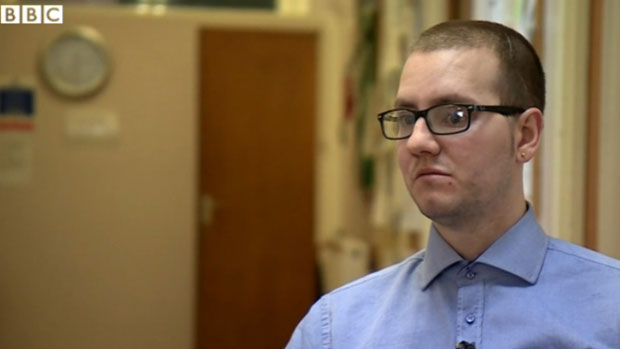
A free daily email with the biggest news stories of the day – and the best features from TheWeek.com
You are now subscribed
Your newsletter sign-up was successful
PIONEERING surgeons have used 3D printing technology to reconstruct the face of a motorbike accident victim in Wales.
Stephen Power, from Cardiff, is believed to be one of the first trauma patients in the world to have 3D printing used at every stage of the procedure.
The 29-year-old fractured his cheek bones, nose and eye sockets and smashed his upper jaw and skull in the accident, which happened as he returned from a night out with friends in September 2012.
The Week
Escape your echo chamber. Get the facts behind the news, plus analysis from multiple perspectives.

Sign up for The Week's Free Newsletters
From our morning news briefing to a weekly Good News Newsletter, get the best of The Week delivered directly to your inbox.
From our morning news briefing to a weekly Good News Newsletter, get the best of The Week delivered directly to your inbox.
Doctors at Morriston Hospital, Swansea, had to break his cheekbones again before rebuilding his face in a procedure that took eight hours to complete.
Printed implants have been used before to help correct congenital conditions, but this operation used custom printed models, guides, plates and implants to repair impact injuries months after they were sustained.
In a bid to restore the symmetry of Power's face, the surgical team used CT scans to create and print a symmetrical 3D model of his skull, followed by cutting guides and plates printed to match.
Adrian Sugar, a maxillofacial surgeon at the hospital, says the 3D printing took away the guesswork that can be problematic in reconstructive work.
A free daily email with the biggest news stories of the day – and the best features from TheWeek.com
He said the technology allows surgeons to be much more precise and said the results of Power's operation were "in a different league from anything we've done before".
The UK has become one of the world's pioneers in using 3D technology in surgery, with advances also being made by teams in London and Newcastle, says the BBC.
Power, who can only remember what happened five minutes before the accident and then remembers waking up in hospital a few months later, has described the operation as "life-changing" and a huge boost to his self-confidence.
"Now I won't have to hide my face away and can do everyday things like going for walks," he said.
Design engineers are hoping that the latest advance will encourage greater use of 3D printing within the NHS.
-
 Bad Bunny’s Super Bowl: A win for unity
Bad Bunny’s Super Bowl: A win for unityFeature The global superstar's halftime show was a celebration for everyone to enjoy
-
 Book reviews: ‘Bonfire of the Murdochs’ and ‘The Typewriter and the Guillotine’
Book reviews: ‘Bonfire of the Murdochs’ and ‘The Typewriter and the Guillotine’Feature New insights into the Murdoch family’s turmoil and a renowned journalist’s time in pre-World War II Paris
-
 Witkoff and Kushner tackle Ukraine, Iran in Geneva
Witkoff and Kushner tackle Ukraine, Iran in GenevaSpeed Read Steve Witkoff and Jared Kushner held negotiations aimed at securing a nuclear deal with Iran and an end to Russia’s war in Ukraine
-
 Palantir’s growing influence on the British state
Palantir’s growing influence on the British stateThe Explainer Despite winning a £240m MoD contract, the tech company’s links to Peter Mandelson and the UK’s over-reliance on US tech have caused widespread concern
-
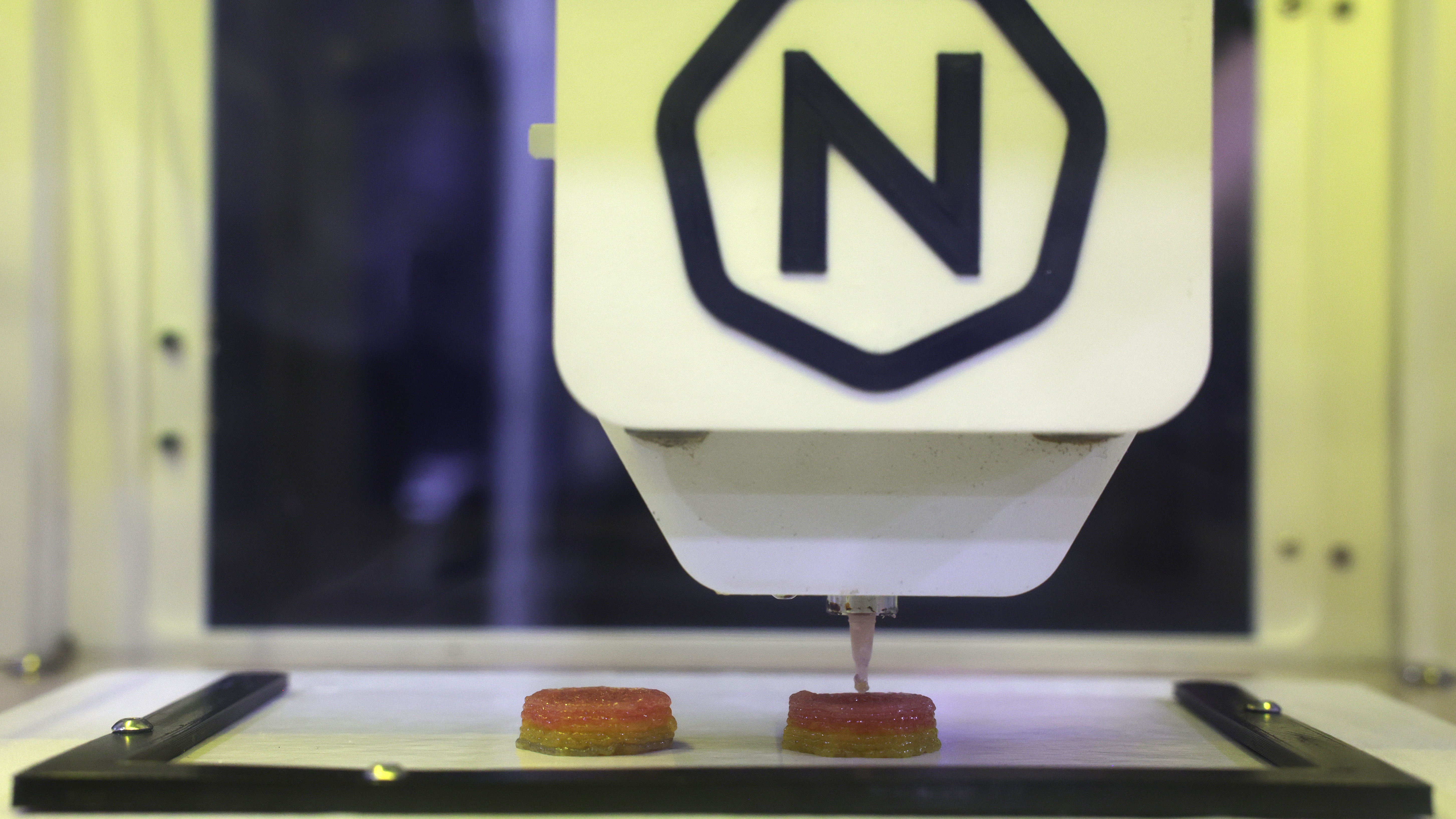 The 3D printing food revolution
The 3D printing food revolutionfeature Technology has the potential not only to boost nutrition but help ease food insecurity on a global scale
-
 How cybercriminals are hacking into the heart of the US economy
How cybercriminals are hacking into the heart of the US economySpeed Read Ransomware attacks have become a global epidemic, with more than $18.6bn paid in ransoms in 2020
-
 Language-learning apps speak the right lingo for UK subscribers
Language-learning apps speak the right lingo for UK subscribersSpeed Read Locked-down Brits turn to online lessons as a new hobby and way to upskill
-
 Brexit-hobbled Britain ‘still tech powerhouse of Europe’
Brexit-hobbled Britain ‘still tech powerhouse of Europe’Speed Read New research shows that UK start-ups have won more funding than France and Germany combined over past year
-
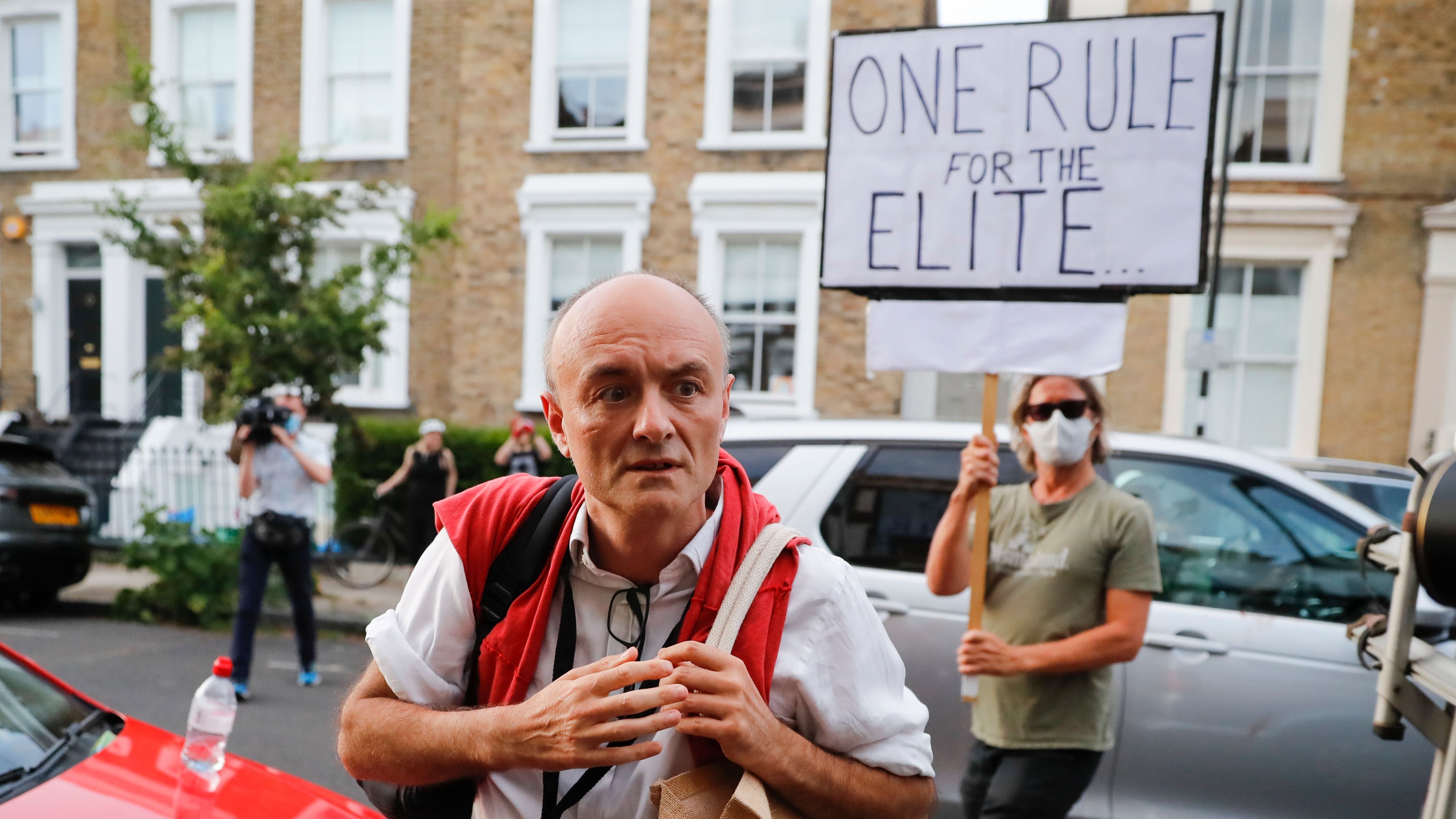 Playing Cupid during Covid: Tinder reveals Britain’s top chat-up lines of the year
Playing Cupid during Covid: Tinder reveals Britain’s top chat-up lines of the yearSpeed Read Prince Harry, Meghan Markle and Dominic Cummings among most talked-about celebs on the dating app
-
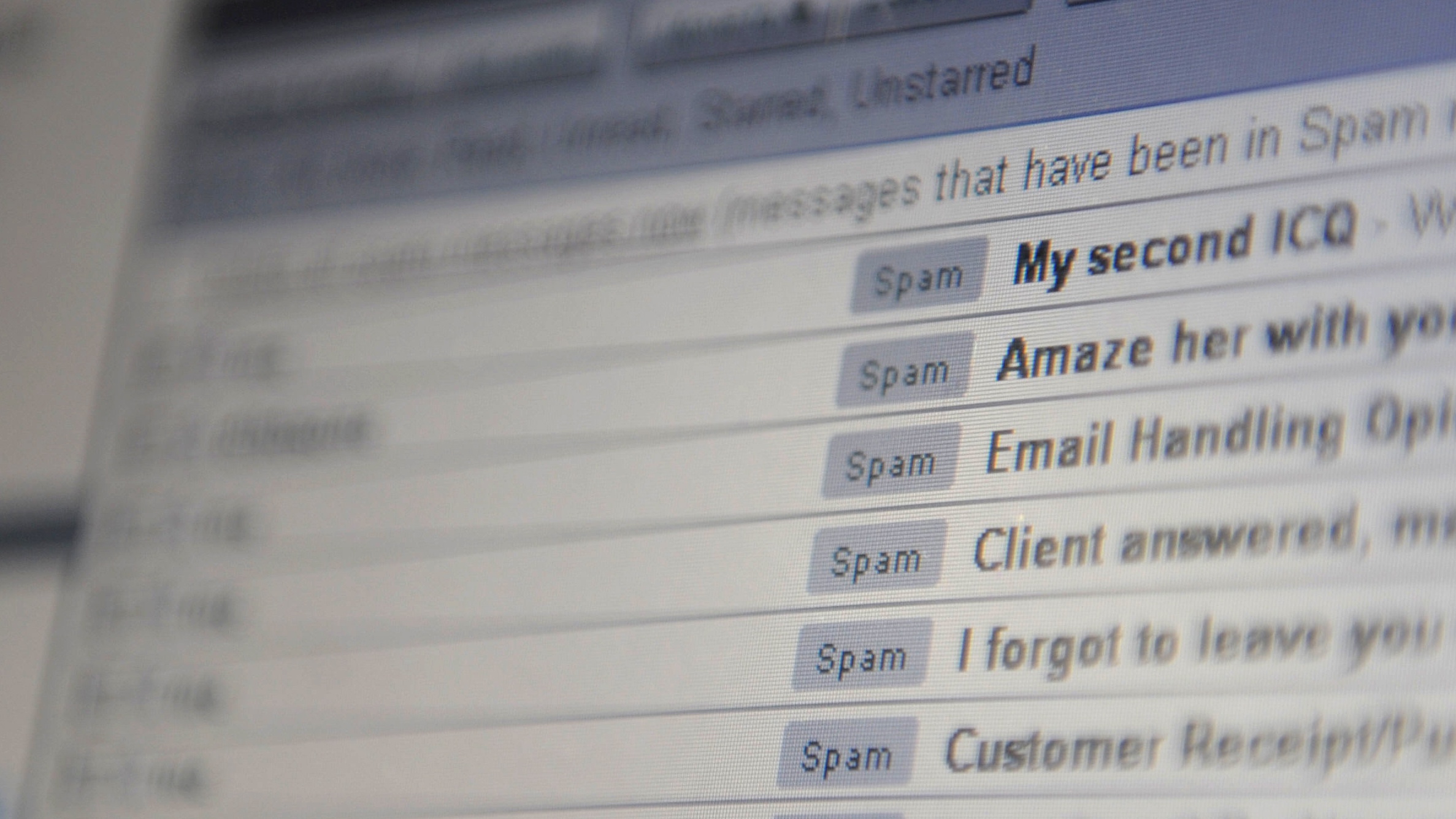 Brits sending one less email a day would cut carbon emissions by 16,000 tonnes
Brits sending one less email a day would cut carbon emissions by 16,000 tonnesSpeed Read UK research suggests unnecessary online chatter increases climate change
-
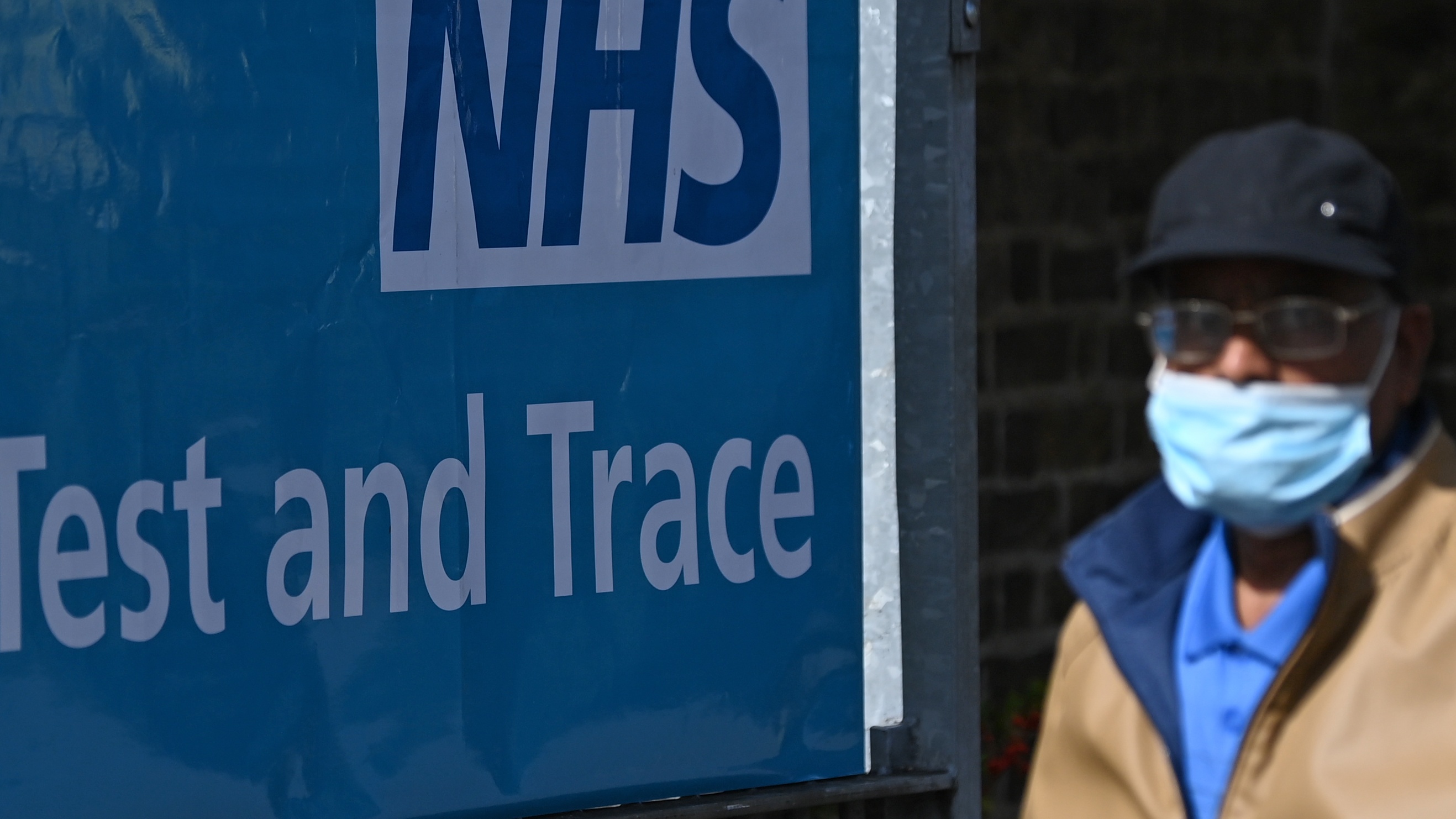 Coronavirus: does test-and-trace work to keep Covid-19 cases down?
Coronavirus: does test-and-trace work to keep Covid-19 cases down?In Depth Experts say UK’s £12bn system is having ‘marginal impact’ infections rates - but are other countries faring any better?